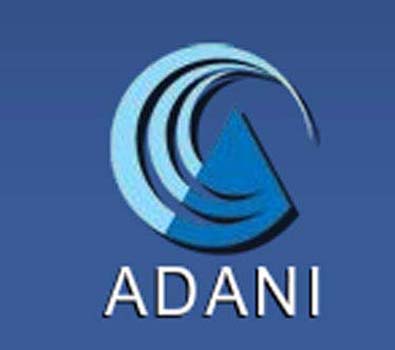Environment groups' concerns over Adani project exaggerated: Hunt
 Melbourne - Rebutting concerns raised by environmentalists on the approval of USD 16.5-bn coal and rail project of India's Adani Mining in Queensland, Australian environment minister Greg Hunt on Tuesday said the claims about its impact on Great Barrier Reef were "exaggerated".
Melbourne - Rebutting concerns raised by environmentalists on the approval of USD 16.5-bn coal and rail project of India's Adani Mining in Queensland, Australian environment minister Greg Hunt on Tuesday said the claims about its impact on Great Barrier Reef were "exaggerated".
According to media reports here, Hunt while insisting that the project would not have a big impact on the reef, said, "Environmental groups such as Greenpeace are exaggerating the impact on the reef. It is casual, uninformed and its false and untrue."
He commented that the mine's predecessor, the Alpha Mine, was approved by Labor state and federal governments and environmental groups were less critical then.
"I think all that was said by Greenpeace was unfortunate, so it appears there is one rule for a Labor decision another rule for a Coalition Government decision," he said.
Environmentalists have raised strong concerns about dredging and dumping at the Abbot Point which is said to be a risk to the reef.
According to Australian Conservation Foundation, Adani's coal export proposals will require construction of a coal export terminal on the Great Barrier Reef coastline at Abbot Point.
"Though these port facilities have received Federal approval, they are being delayed by legal challenges brought by local community groups, with two cases currently in the courts," the foundation said in a statement.
It added,"In June, the World Heritage Committee said the Carmichael/Abbot point project could threaten the World Heritage status of the world-renowned and much-loved Great Barrier Reef."
According to Greenpeace Australia, Hunt gave the go-ahead to port expansions despite warnings from the Great Barrier Reef Marine park Authority and UNESCO that the development would place the reef in danger.
However, the Hunt said the approval to Adani's Carmichael Coal and Rail Project in Galilee Basin came along with 36 "strict" conditions focused on conserving groundwater.
On concerns that Adani will take too much water out of the local water supply, Hunt said Adani would return a minimum 730 mega litres of water to the Basin every year for 5 years.
He said final water modelling will be done during the course of the project.
"It can't proceed without that. But all up, what we are seeking to do is to ensure there is minimal-if any impact and that is where the 730 million litres comes in," he said adding "it is about making sure that we are making good on the overall issues."
"What we have to do now is to ensure there is a final modelling, that this is a prerequisite before there is further progress," Hunt said.
The project is almost 500 kilometres inland in a dry, sparsely vegetated area, he said, adding "if you see the site from the air you realise this is the middle of deep outback Australia. It is nowhere near the coast."
"It is lightly vegetated and according to the federal environmental laws, we have still put 36 of the strictest, toughest conditions that have ever been imposed," Hunt added.
The mine project west of Rockhampton would be one of the biggest in the world, covering 200 square kilometres and producing about 60 million tonnes of coal a year, he said.
The proposal which comprises six open-cut pits and up to five underground mines is said to have enough coal to supply Indian power plants which can generate electricity for up to 100 million people.
Hunt said if the Carmichael Mine goes ahead, he will not have to revise Australia's greenhouse gas emissions targets.
"All possible, reasonable growth in Australia's emissions was accounted for and we are tracking below what we had predicted as the likely future path," he said.
"We are about reducing emissions in Australia. That was our task and our target, to achieve our reductions. In terms of overseas, what we have to do is work towards a good, global agreement and I think that is exactly what we will do," he said. (PTI)